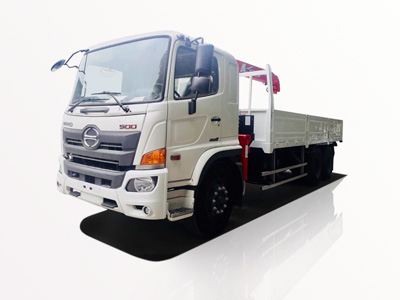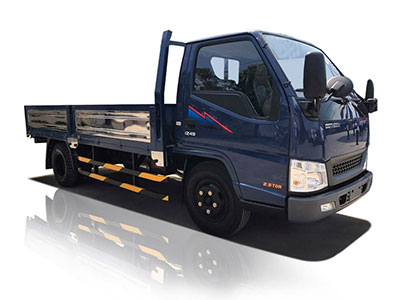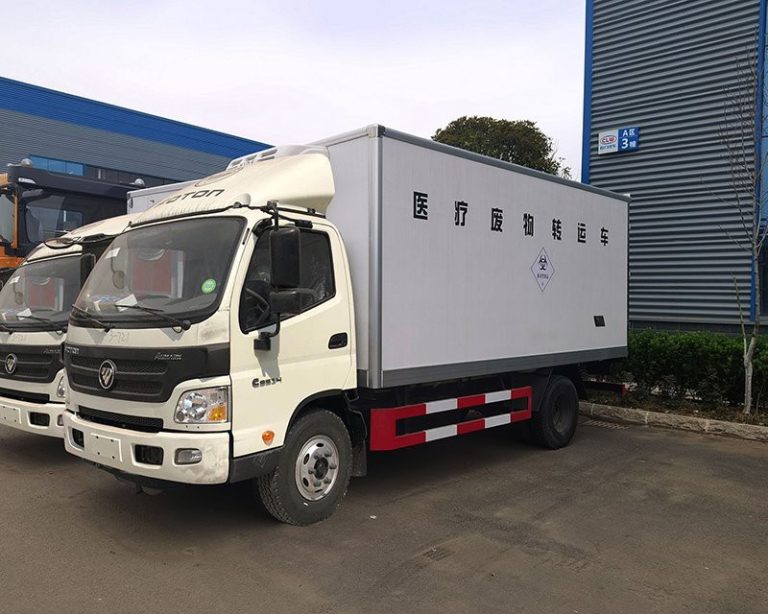Introduction
Most people might not give a second thought to the trash truck driver they encounter. However, these professionals play a vital role in maintaining our communities’ cleanliness and sustainability. As unsung heroes of urban management, trash truck drivers ensure waste is collected and disposed of efficiently. In this article, we will dive deep into the world of trash truck drivers, exploring their responsibilities, challenges, and tips for those considering this career path.
Understanding the Role of a Trash Truck Driver
What Does a Trash Truck Driver Do?
A trash truck driver is primarily responsible for operating a garbage collection vehicle to remove waste from designated areas. Their duties typically include:
- Driving the garbage truck along established routes.
- Collecting trash from residences and businesses.
- Ensuring the safe operation of the vehicle.
- Following local regulations regarding waste disposal.
- Documenting collection amounts and observing customer service protocols.
The Importance of Their Role
Trash truck drivers are essential for several reasons:
- Public Health: Proper waste collection prevents pests and diseases.
- Environmental Stewardship: They help manage waste effectively, reduce litter, and promote recycling.
- Community Aesthetics: Clean streets attract visitors and enhance community pride.
Essential Qualifications and Skills
Educational Requirements
Most trash truck drivers are required to have a high school diploma or equivalent. Some positions may also require a specialized driving course or certification.
Licensing and Certifications
To operate a trash truck, drivers must possess a Commercial Driver’s License (CDL). This typically requires passing a written test and a driving skills test. Certain local and state regulations may necessitate additional endorsements or certifications.
Key Skills
Successful trash truck drivers will possess the following skills:
- Driving Skills: Proficiency in operating large vehicles safely.
- Time Management: Ability to adhere to a strict collection schedule.
- Customer Service: Engaging positively with the public and addressing customer concerns.
- Physical Fitness: Capability to lift heavy containers and endure long hours of driving and manual labor.
The Work Environment and Typical Day
Where Do Trash Truck Drivers Work?
Trash truck drivers work in various environments, including urban, suburban, and rural areas. Their work primarily takes place outdoors, often in various weather conditions.
A Day in the Life of a Trash Truck Driver
A typical day may include:
| Time | Activity |
|---|---|
| 5:00 AM | Arrive at the depot, check the truck and equipment. |
| 5:30 AM | Begins the route, collecting trash from residential areas. |
| 3:00 PM | End of the route, return to the depot for vehicle checks. |
| 3:30 PM | End of the workday, paperwork completed and vehicle maintenance checks. |
Challenges Faced by Trash Truck Drivers
Physical Demands
The job requires a strong physical presence due to heavy lifting and prolonged periods of driving. Physical strain and fatigue can lead to injuries if proper safety practices are not followed.
Environmental Conditions
Drivers often work in diverse weather conditions, including rain, snow, and extreme heat. This variability can affect both the work environment and the driver’s health.
Public Interactions
Interacting with the public can occasionally be challenging. Drivers must handle complaints politely and address concerns about service efficiently.
Safety Protocols for Trash Truck Drivers
Vehicle Safety Checks
Before starting their routes, drivers should perform daily inspections of their vehicles to ensure safety. Key areas to check include the brakes, lights, and hydraulic systems.
Personal Protective Equipment (PPE)
Wearing appropriate PPE, such as gloves, reflective vests, and sturdy footwear, is crucial for driver safety. These items minimize risks associated with the job.
Staying Alert
As drivers often work early mornings or late nights, staying alert is imperative to avoid accidents. Techniques to remain alert include:
- Taking regular breaks.
- Staying hydrated.
- Avoiding heavy meals before shifts.
Career Advancement Opportunities
Becoming a Supervisor or Trainer
Experienced drivers can advance to supervisory roles, overseeing other drivers and managing operations. Trainers are also needed to help new drivers learn the ropes.
Specializing in Waste Management
Some drivers may choose to specialize in specific waste types, such as hazardous materials, requiring additional training and certification.
Tips for Aspiring Trash Truck Drivers
Networking in the Industry
Joining associations and attending industry events can help aspiring drivers make connections and learn about job openings.
Building Physical Stamina
Engaging in regular exercise can help future drivers prepare for the physical demands of the job. Focus on strength training and cardio.
Research Local Regulations
Understanding local waste disposal regulations can give candidates an edge in job interviews and ensure compliance in the field.
FAQs
What is the average salary of a trash truck driver?
The average salary for a trash truck driver can range from $30,000 to $70,000 annually, depending on the location, company, and driver experience.
Do trash truck drivers have set schedules?
Yes, most trash truck drivers have set schedules, typically starting early in the morning. However, the exact hours may vary based on route and operational needs.
Is it a physically demanding job?
Yes, driving a trash truck is physically demanding. Drivers must lift heavy bins and spend long hours on the road.
What are the health risks associated with this profession?
Health risks include physical injuries, fatigue, and exposure to hazardous materials. Adhering to safety protocols significantly reduces these risks.
How can I become a trash truck driver?
To become a trash truck driver, obtain a high school diploma, get a Commercial Driver’s License (CDL), and gain experience by applying for entry-level positions in waste management.



